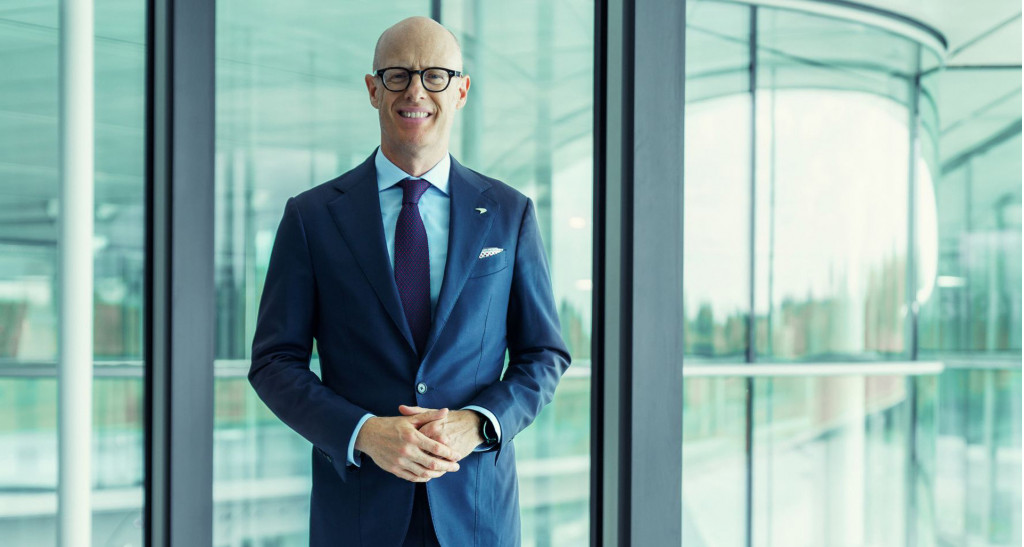Rumors of an electric supercar from McLaren have been tantalizing fans for years, but the British marque is content to take its time in developing any zero-emission performance machine that does right by the company's philosophy of lightweight, driver-focused cars.
In an interview with Bloomberg published last week, McLaren CEO Michael Leiters said the company is investigating an electric supercar but the technology to meet the marque's performance requirements, particularly when it comes to weight and range, won't be ready until the end of the decade.
He said the current crop of electric supercars weighing around 4,500 pounds and requiring 2,000 hp isn't the route McLaren wants to take. He said any electric supercar McLaren launches will need to weigh closer to 3,300 pounds, which is roughly the curb weight of the company's Artura plug-in hybrid supercar.
When it comes to range, Leiters' predecessor, Mike Flewitt, in 2018 said any McLaren electric supercar will need to last at least 30 minutes on the racetrack with a single charge.

Michael Leiters
In the meantime, McLaren will focus on expanding its core range of supercars, including adding both hybrids and models powered purely by internal-combustion engines. Leiters said the company's new 750S, essentially a major update of the 720S, is proving popular with McLaren's core customers. McLaren is also developing a next-generation V-8 designed for hybrid applications, one of which is rumored to be a P1 successor.
McLaren is also open to the idea of an SUV. In his interview, Leiters said McLaren is exploring new segments and opportunities and that one of them could be the SUV segment. Although McLaren was reluctant to entering the idea of an SUV in the past, the success of high-riding models at rival brands like Aston Martin, Lamborghini, and more recently Ferrari, shows there's demand for the vehicles, even from brands best known for making supercars.
Prior to joining McLaren last year, Leiters served as chief technical officer for Ferrari, where he oversaw development of the Purosangue SUV. And prior to joining Ferrari, he was a senior engineer at Porsche, where he oversaw a lot of the automaker's early work with hybrid technology as well as the development of the Cayenne line.
